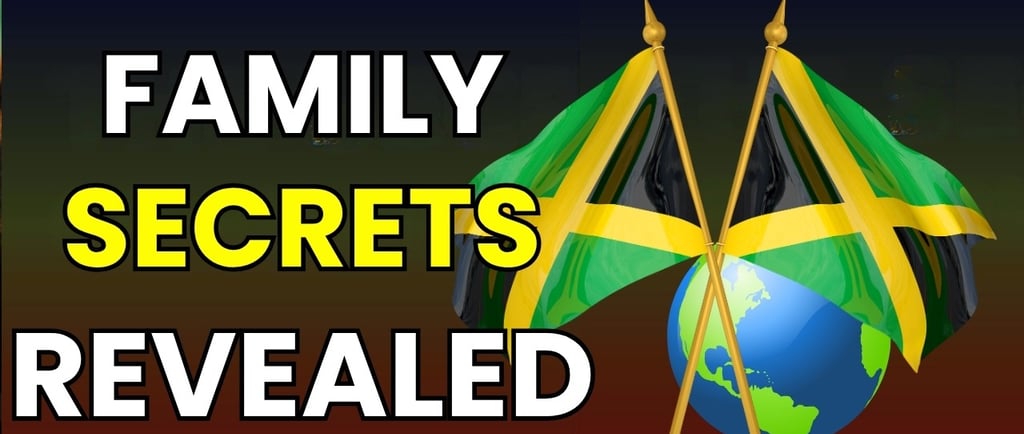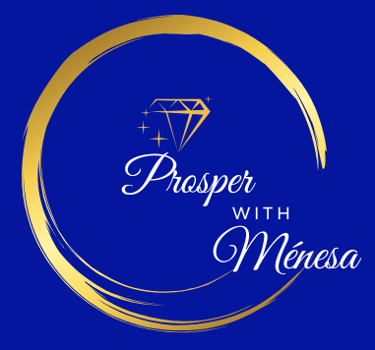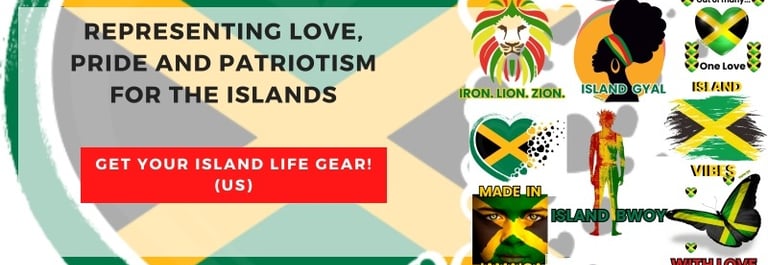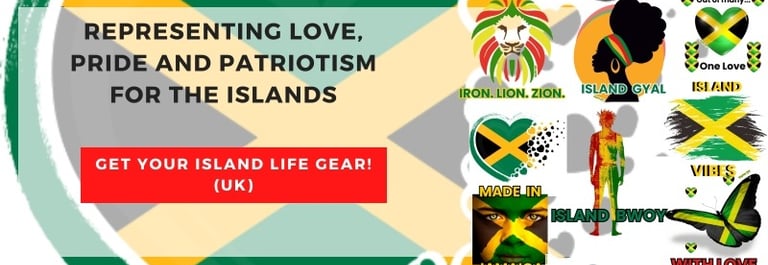Download your FREE 'Calm During Chaos' Digital Strategist
How to Find Your Jamaican Family History Fast | Jamaican Ancestry Search
Want to discover your Jamaican roots fast? 🌿 In this video, I’ll show you exactly how to find your Jamaican family history step-by-step, from tracing ancestors and exploring Jamaican genealogy records to understanding your DNA results. Learn how to build your Jamaican family tree, uncover hidden heritage, and connect with your Caribbean ancestry like never before. Perfect for anyone curious about where their Jamaican ancestors came from and how to trace their lineage quickly and easily! 🇯🇲✨
ISLAND LIFE & CARIBBEAN CULTURE
Ménesa
11/15/20254 min read


There’s a crown jewel for Jamaican research—the Jamaican Family Search website created by the incredible Patricia Jackson. It’s a virtual library packed with transcriptions from almanacs, directories, church records, wills, and newspaper clippings you often can’t find anywhere else.
And then there’s DNA. DNA testing is a powerful tool for breaking through those brick walls the paper trail just can’t move.
Tracing your Jamaican roots is not just research—it’s a story. A story woven through resilience, migration, survival, and cultural fusion. And today, here is your step-by-step guide to uncovering it all.
The Foundation: Your Search Starts at Home
Before you think about archives or websites, the first step is much simpler: become the family historian in your own home.
Oral tradition has always been the heartbeat of Jamaican and Caribbean ancestry. Talk to your parents, grandparents, grandaunts, cousins—anyone who remembers a story, a nickname, a place. Ask everything:
What parish are we from?
Do you remember your grandparents’ names?
What stories were told when you were growing up?
Write it down, or record the conversation if they allow it. These details are your map.
Then, start your treasure hunt. Look for old birth certificates, marriage documents, family bibles, land deeds, letters, photos—anything with a name, date, or location.
The most precious clue you can find is the parish of origin. Unlike many countries, Jamaica’s records were stored parish by parish. Knowing the parish is like finding the X on a treasure map.
The Paper Trail: Decoding Historical Records
Once you have a name and a parish, the record search begins—and Jamaica requires you to work backward in a specific way.
Civil Registration began in:
1878 for births and deaths
1880 for marriages
Anything earlier simply won’t appear here.
From 1878 onward, your best resources are online collections from FamilySearch (free), Ancestry, and FindMyPast. For recent documents, you’ll need the Registrar General’s Department in Jamaica.
For records before 1878, church books become essential. The Church of England parish registers—baptisms, marriages, and burials—have been digitized as the Jamaica Church of England Parish Register Transcripts (1664–1880) on FamilySearch. These can take you all the way into the 1600s.
Jamaica’s motto, Out of Many One People, is reflected in its varied religious history, so you may also find records from Roman Catholics, Jewish families, Moravians, Quakers, and more. Jamaican Family Search has a goldmine of these non-Anglican resources.
Census research works differently. Jamaica did not conduct regular islandwide censuses. Only one complete known census exists—Hanover, 1823—which you can also find on Jamaican Family Search.
In place of censuses, use “census substitutes” like:
The Jamaica Almanac
Landowner lists
Military and government directories
Gravestone inscriptions
These records help you place ancestors in context, time, and location.
Beyond the Basics: Archival Deep Dives
When the online trail ends, the real adventure begins.
Three crucial institutions in Jamaica store the deepest records:
Jamaica Archives and Records Department (JARD) – Spanish Town
Colonial papers, property records, land patents, slave returns, manumissions, estate inventories, and original parish books.Registrar General’s Department (RGD) – Spanish Town
Civil registration records, land deeds, and historic wills.
Their genealogy service, The Ancestral Research, can help when you’re stuck.National Library of Jamaica – Kingston
Rare newspapers, reference books, and an extraordinary map collection.
Estate maps can show plantation boundaries, great houses, and land features that bring your ancestor’s world to life.
Modern Tools & DNA: Solving Old Mysteries
Beyond the big genealogy websites, the Jamaican Family Search database remains unparalleled.
DNA testing adds another powerful dimension. It can connect you to cousins worldwide who may hold missing pieces of your family story. Jamaican DNA often reveals rich ancestral layers—West African, European, Jewish, East Indian, Chinese—reflecting centuries of migration and cultural blending.
Your DNA becomes a living echo of Out of Many One People.
Understanding the Context: Who They Were, Not Just What They Left Behind
Dates and names are one thing. Understanding the world your ancestors lived in is everything.
Enslaved Jamaican ancestors require research in plantation books, manumission documents, and slave registers. Free people of colour appear differently in records. Maroons have their own deep history—fierce independence, 1730s treaties, and towns such as Accompong and Moore Town that still exist today.
Indentured labourers from India (from 1845 onward) and Chinese workers (from 1854 onward) contributed their own cultural layers.
Your family story may travel through any of these chapters. That is the true richness of Jamaican ancestry.
You’re Not Alone on This Journey
If you’ve hit a wall or have a specific parish you can’t figure out, ask questions, share your findings, or reach out for help. Someone else’s memory or research may unlock the piece you’re missing.
Tracing Jamaican roots is more than creating a family tree.
It is a reclamation.
A tribute.
A rediscovery.
It’s the story of people who survived the Middle Passage…
who built free communities in the mountains…
who crossed oceans by choice or force…
who blended cultures…
who created Jamaica.
Every record you uncover is a thread in that vast, powerful story.
Now it becomes yours to tell.
So start that first conversation.
Open that first record.
Follow the trail, wherever it leads and don't forget to download your FREE ebook & cheat sheets below.
Thanks for reading.

LINKS
Connect & CONNECT
© 2026. All rights reserved. Prosper with Ménesa
Returns & Refund Policy
Island Life Merch Shop US Branch
Island Life Merch Shop UK Branch
SUBSCRIBE TO OUR NEWSLETTER
Subscribe for weekly episodes




